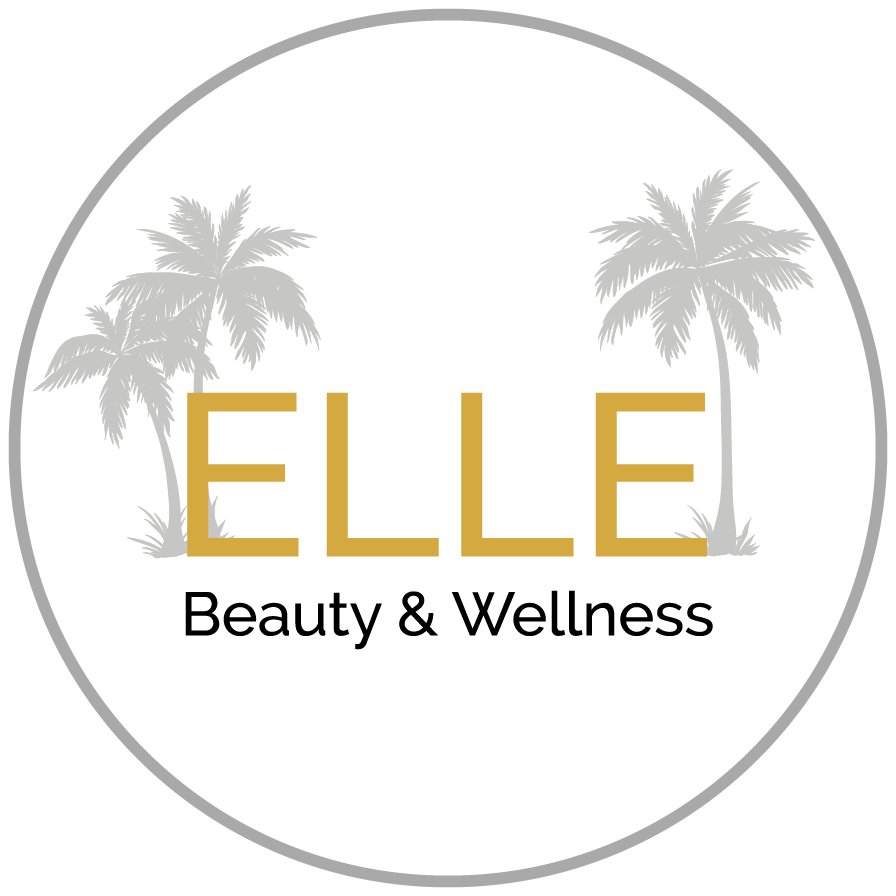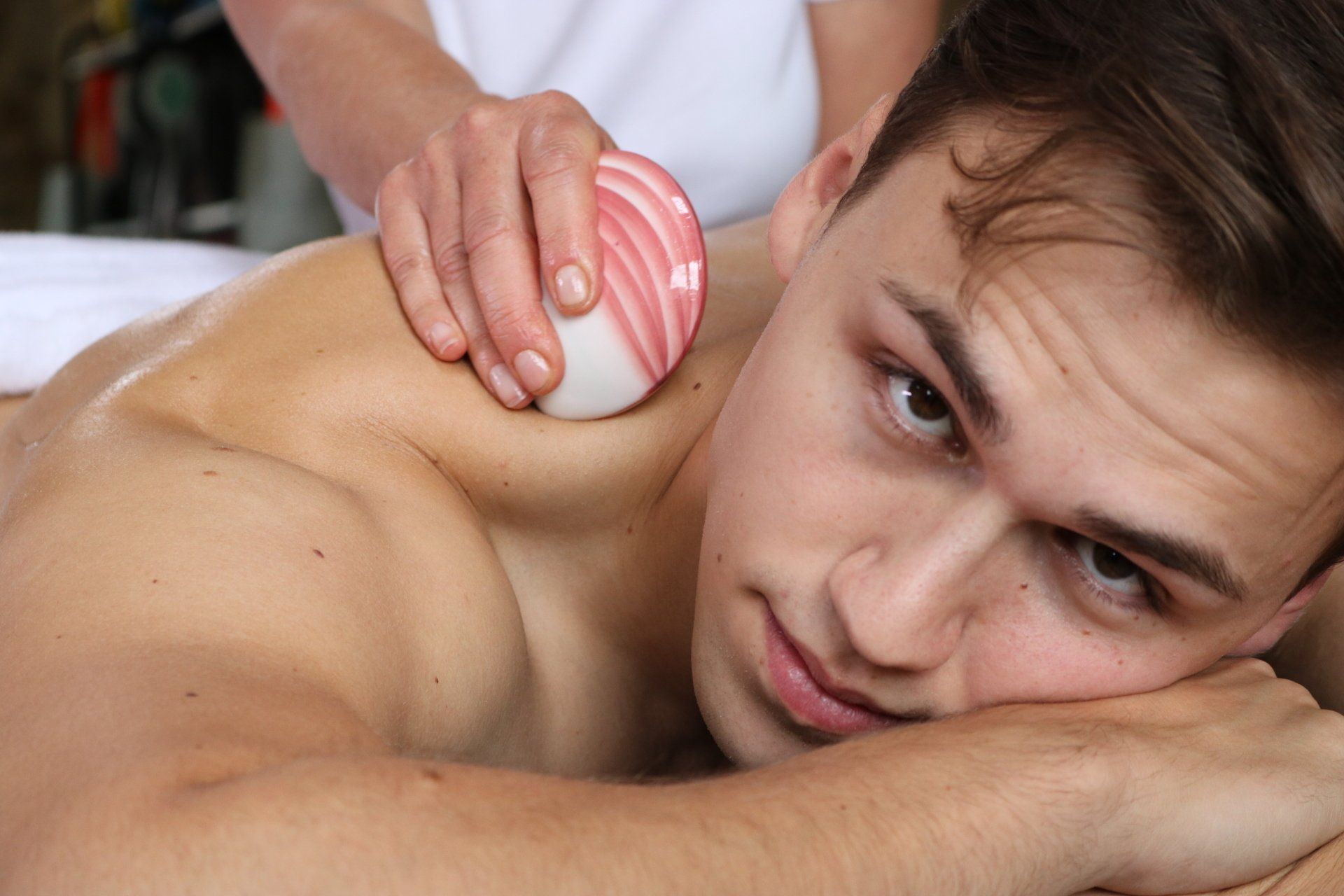Touch Therapy
Touch Therapy massage is different to spa massage or any other massages commonly used. These rituals are created to slow down the mind and relax, bringing harmony to the mind and body and a gentle feeling of having been nurtured and held. These rituals all use slow, soothing, and rhythmic massage techniques providing complete tranquillity and relaxation, promoting a sense of wellbeing.
The treatments are adaptable and completely safe for everybody, even those with a compromised immune system and those going through Cancer.
Immerse yourself in relaxation. A Touch Therapy ritual is akin to a period of meditation allowing you to completely let go of any stresses or feelings of anxiety and just be. Your therapist will create a ritual, that meets your needs and leaves you with a sense of true wellbeing.
Benefits
- Provides comfort
- Help with sleep
- Help with anxiety
- Reduce the severity of side effect
- Help to minimise pain and discomfort
- Help to control nausea
- Improve a sense of isolation
- Help elevate mood
- Offer emotional support with positive touch
- Create peace of mind & a source of wellbeing
Touch Therapy Massage
Touch Therapy facial
Our touch therapy facial is a beautiful way to restore luminosity to the skin, leaving you looking and feeling radiant.
Products used are 100% organic
Cancer Touch Therapy Treatments
Frequently Asked Questions
Why do people who have or have had cancer need a different treatment to others?
Cancer patients can have spa treatments, but the treatments may need to be adapted for a number of reasons. For instance, the therapist might need to take extra care or even avoid providing massage or reflexology to areas of the body where surgery has taken place. Also, cancer treatments can affect skin, hair and nails, and some essential oils can affect how well these drugs or therapies work.
That is why it is so important that a therapist has undergone specialist training and that any product used is known to be safe.
Why do some spas and salons decline to treat some people who have or have had cancer?
People who are undergoing or recovering from cancer treatment can have special needs. Under the current training and regulation of beauty therapists, therapists are not permitted to use traditional beauty techniques on people living with cancer unless that person can provide a letter from their GP approving treatment. Unfortunately, many people are not aware of this when they book an appointment.
Some patients’ GPs are unwilling to sign off the beauty treatments, potentially because they do not have an understanding of the situation or they are aware of some restrictions on massage.
A therapist trained in Cancer Touch Therapy treatments has specialist knowledge so they fully understand how to care for and provide a therapeutic treatment for anyone living with or in recovery from cancer without the need for doctor’s consent.
What is the difference between the Cancer Touch Therapy and standard therapy offered to customers?
Cancer Touch Therapy treatments use a range a specifically designed techniques and products for the face, head, body, hands and feet that have been researched and approved for use on people living with or recovering from cancer.
Therapists providing the treatments have been trained by the product’s manufacturers, Made for Life Organics. The course is accredited by the Complementary Medical Association and is endorsed by CIBTAC. It was developed in close association with oncologists, surgeons, MacMillan and cancer specialists. The products have been used for people with cancer for the past 20 years.
Anyone can have the Cancer Touch Therapy treatments, but people living with or recovering from cancer can have the confidence that these treatments have been specifically designed with them in mind.
Will people with cancer still need a letter from their GP before they can receive treatment?
No. People do not need a letter from the GP to receive the Cancer Touch Therapy treatments. Therapists providing the treatments have been trained by the product’s manufacturers. They have passed written and practical exams to qualify them to offer these specific treatments without the need for consent from a doctor.
What are the risks of someone with cancer having standard beauty treatments?
Cancer patients can have spa treatments, but the therapist may need to adapt what they do or provide. They may need to take extra care around areas of the body if providing massage or reflexology if the client has had certain medical treatments to treat their cancer. In addition, some medical treatments for cancer can affect the skin, hair and nails, so care needs to be taken. Some essential oils can affect how well drugs or therapies work.
Under the current training and regulation of beauty therapists, therapists are not permitted to use traditional beauty techniques on people living with cancer without that person providing a letter of consent from their GP.
Therapists who work with people with cancer have been through specialist training to achieve a qualification of cancer and its treatments. The course has been accredited by the Complementary Medical Association and has been endorsed by CIBTAC (Confederation of International Beauty Therapy and Cosmetology). Therapists completing the course gain 24 CPD (continual professional development) points.
What is the problem with massage?
Some people worry that a massage can cause cancer cells to spread to other parts of their body, but there is no evidence of this.
There are some instances where patients should not have massage over certain areas of the body. For example, care needs to be taken for those who experience lymphoedema after lymph node removal or damage from medical treatment.
Therapists who treat customers with cancer have been through specialist trained and qualification. They have acquired knowledge of cancer and its treatments.
Is there any clinical benefit to people with cancer having beauty/massage therapy?
There have been several studies in the US and Europe that show the medical benefits. From our own research, our clients report a reduction in stress levels, improved sleep patterns, a reduction in pain and an overall feeling of wellbeing after a treatment. Not needing GP consent means people going through cancer can enjoy treatments and experience the benefits of complete relaxation.
Why are you offering this service?
We understand that people living with cancer may wish to have these types of treatments, but might find it difficult to access them. That is what prompted us to invest in the training so we can offer treatments that people can feel confident receiving, without needing to gain doctor’s consent and to make these therapies more accessible.



